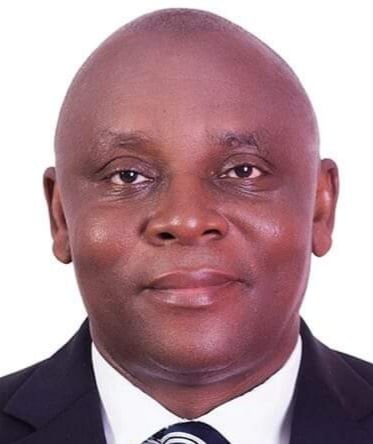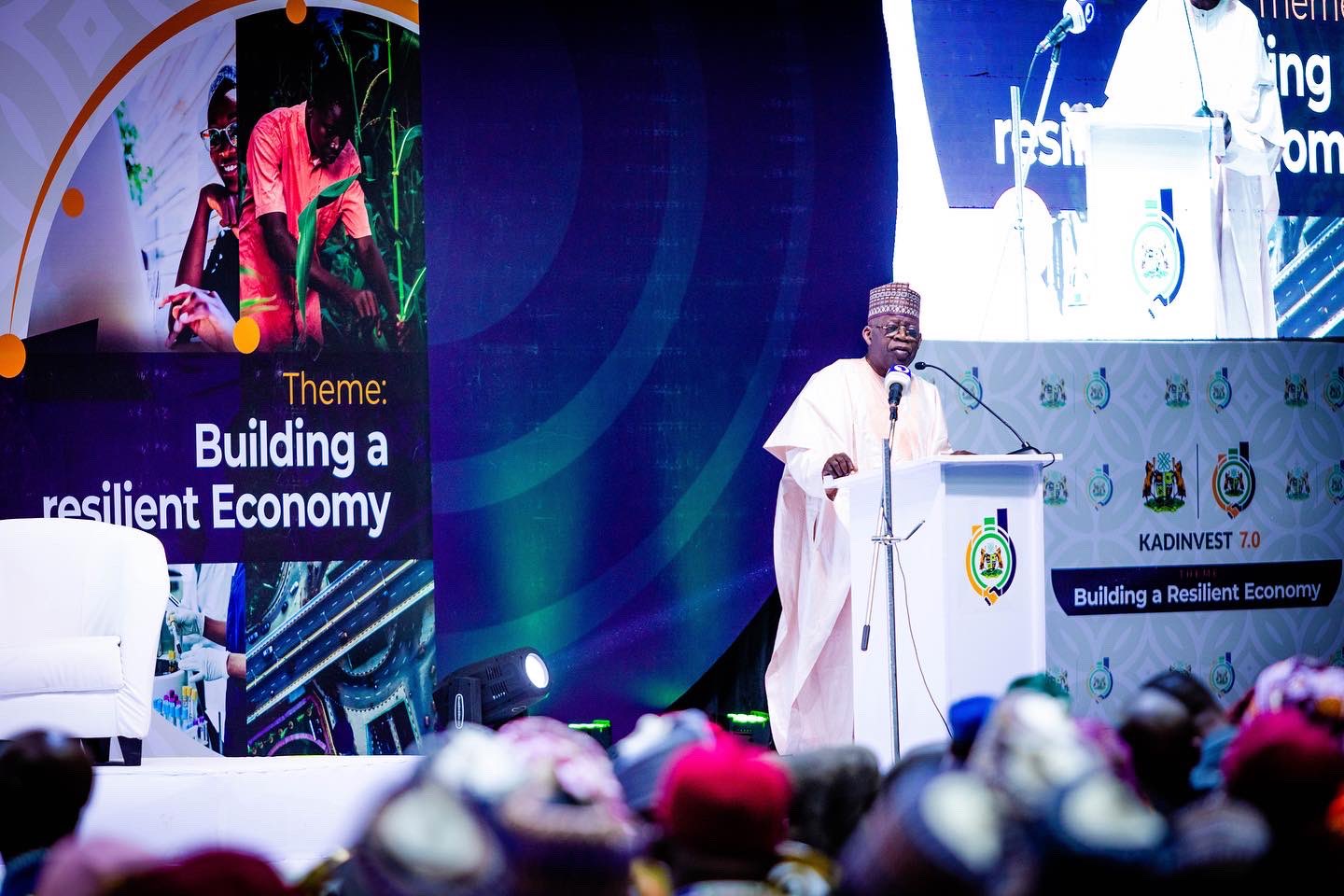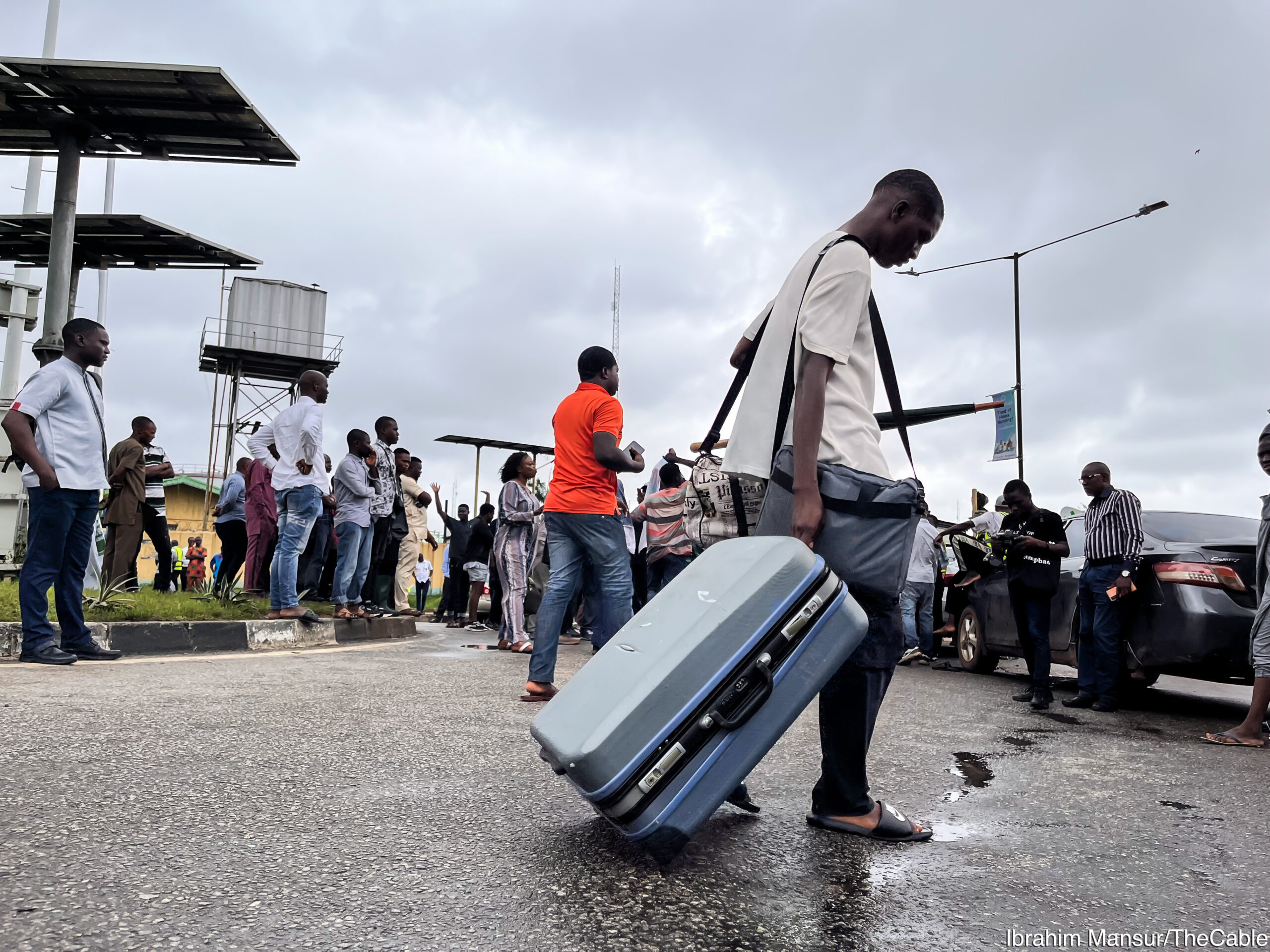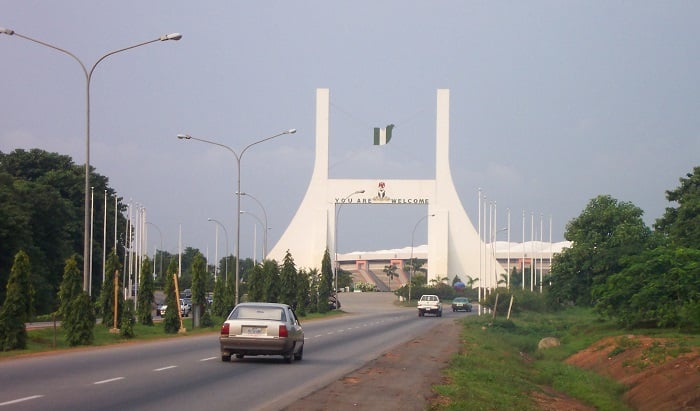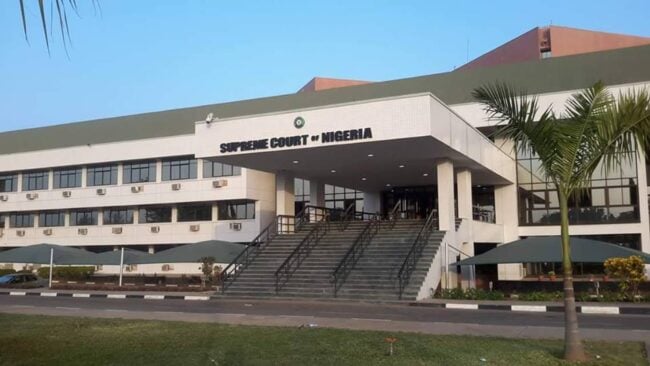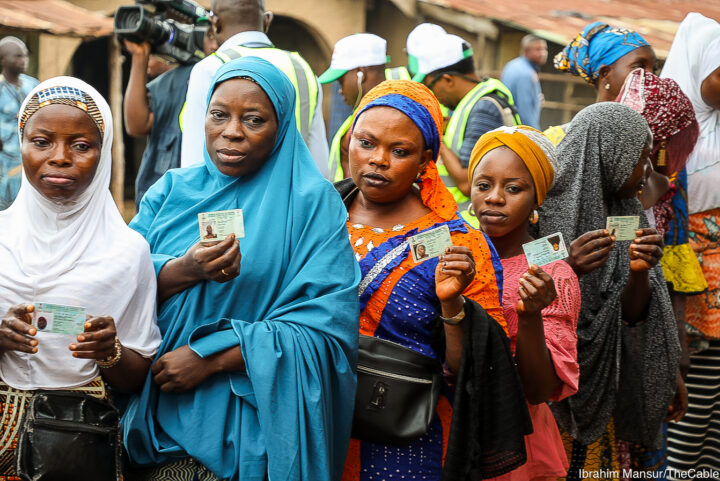APC presidential candidate, Bola Tinubu, released an 80-page policy document two weeks ago in a big ceremony at the State House, Abuja. I will not dwell on the inappropriateness of holding a party event at the State House since Nigerians don’t seem to care about such unfitting behaviour in our public life. The State House is the official seat of the federal government, our own equivalent of the White House in Washington DC, 10 Downing Street in London, and Elysée Palace in Paris. These places are the official seat of government, the office of the president or prime minister, in the case of Britain, and they are reserved for official functions of the state and not party events.
The fact that President Buhari is a member of APC does not make the party’s activities a state function. Our State House, just like 10 Downing Street in London, for example, is the institution of the state or the people’s house as the Americans call the White House. The launch of Tinubu’s manifesto at the State House, therefore, was an abuse of office and privilege by the president. Joe Biden will never host a Democratic Party event inside the White House!
Now, to the main focus of this piece. Tinubu’s manifesto is surprisingly lacking in depth, details, and strategy, with the most surprising element being what it leaves out. There is scant attention to the issue of oil theft and how he would deal with this problem which has become the single biggest threat to the nation’s economy. The document is also astonishingly reticent on how he would fight corruption. Oil theft has grown in complexity and scope in the last 10 years, becoming the second largest organised crime in the world, second only to the narcotics enterprise. Of the nation’s 1.8 million barrels per day OPEC quota, we have only been producing just about half of that in the last six months due to persistent and sophisticated oil theft operations — a steady drop from 1.3 million in the last two years. The economic loss to the nation is huge and calamitous.
Due to massive oil theft, Nigeria has been wracked by a serious fiscal crisis, manifesting in its inability to generate enough revenues to fund the budget. The government has had to resort to huge borrowing with attendant debilitating debt-servicing. In August, I wrote a piece entitled: ‘Who is stealing our crude oil?’. My conclusion was (and remains) that crude oil theft is a big criminal enterprise in which some governors, politicians, military people, and oil industry executives are involved. The Buhari administration, overwhelmed by intractable security challenges, has been unable to tackle the problem. This is why I am disappointed that a major candidate like Tinubu has practically omitted it in his policy document. Does he not know about the magnitude and impacts of this crisis? Who will save Nigeria?
Advertisement
The section of the document on oil and gas also lacks technical depth. The document promises to stop fuel subsidy, and increase crude oil production to 2.6mbpd by 2027 and 4mbpd by 2030. Fuel subsidy will end automatically when Dangote Refinery begins production middle of next year, increasing crude oil production from 1.4mbpd to 4mbpd in 7 years is nearly impossible. It requires huge investments but the IOCs that have the money are not investing. Rather, they’re divesting. Tinubu is also promising to “complete critical gas infrastructure projects, including pipeline infrastructure.…” Constructing gas pipelines without gas processing facilities is a waste of capital. The pipeline itself does not produce gas. It only transports gas. So, you need a producer to develop gas fields and deliver the gas to pipelines. The business case for the investment is gas price and guaranteed payment by the buyer, long-term gas sales, and purchase agreement. The next administration must figure out how to cross this hurdle.
The document also pledges to “implement the Host Community Development Trust” which seeks to encourage oil companies’ assistance to host communities. I support all measures that will develop the oil communities, but from experience, offering communities money or oil is not the solution. The restiveness was created because the government, both federal and state failed to invest in the communities. But what has the government been doing with the taxes and royalties it’s been earning from oil production? Has the NDDC been living up to expectations? The issue government needs to address is proper application of oil revenue, not handing communities money. It will only lead to further conflict.
Government should also sell off the refineries, if it can’t manage them, get NNPC to operate like a real business and create an environment that will attract investors.
Advertisement
Tinubu’s scant attention to the issue of corruption in his manifesto is quite worrisome. A country in which an individual, a senior government official at that, is able to steal a whopping N80 billion at a go is a candidate for failure and collapse. Nigeria cannot survive further if it continues to be buffeted with corruption, oil theft and insecurity. Corruption is pervasive at every level of Nigerian government; ranging from huge contract kickbacks and padding at the very top of governments (federal and states) through bribery, money laundering, embezzlement and other schemes. Candidate Muhammadu Buhari made the fight against corruption one of the three policy thrusts of his campaigns in 2014. In the last seven years, he has made some good efforts and has received international acclaim for his initiatives in the fight against corruption. For the nation to make progress, the next president should be single minded and fierce in fighting against the monster. But there’s nothing in Tinubu’s pedigree to show that a fight against corruption will be his strong point. For one, his sources of stupendous wealth are questionable and many Nigerians believe that he is still feeding fat from Lagos treasury. Maybe I was expecting too much rummaging through his manifesto for a word on how he would tackle corruption.
I expect the next president to focus on diversifying the economy through agriculture value chain. The first order of business in stimulating economic growth is to get the nation to produce enough food for domestic consumption and exports. I expect a presidential candidate to tell us how to get Nigeria to be a net exporter of rice and wheat in the next three years. The war in Europe has revealed that Ukraine is a major exporter of wheat to the world market, yet that country is smaller than some of our northern states. Ukraine’s wheat production for 2022/2023 marketing year is projected to drop to 19.5 million metric tons by 13.5 million tons due to the war. Nigeria should therefore aim to be among the five top wheat exporters in 2028 and the top three in 2030. For rice, the Buhari administration’s Anchor Borrowers Programme designed by the CBN and the commercial banks in 2015 has stimulated production significantly. We are now the largest producer of paddy rice in Africa with average yearly production volume of 9 million metric tons, up from 4.5million tons in 2015.
I therefore want a presidential candidate that pledges to take rice production to 15 metric tons yearly in the next five years and 20 metric tons in 2030, enough for exports. This is not rocket science. We have the land, weather and a capable CBN that should expand the scope of the financing scheme. Dairy and meat production through modern ranching business offers a different set of business opportunities in the agricultural sector. There’s so much to do in agricultural value chain to diversify our economy and stimulate growth and development. I’m shocked that the Tinubu document did not mention these.
Advertisement
Views expressed by contributors are strictly personal and not of TheCable.
Add a comment
